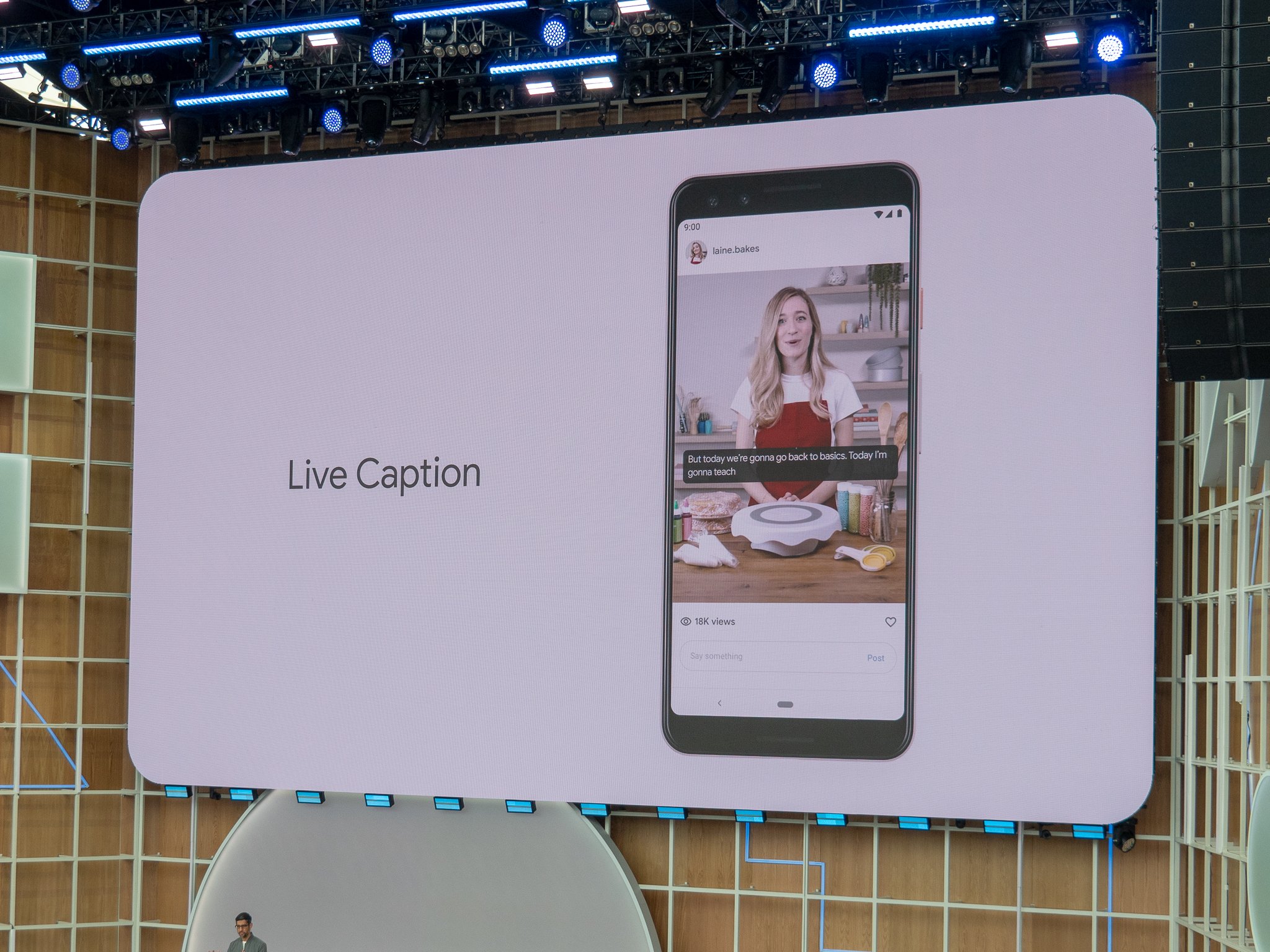Best answer: Android 12's Private Compute Core is a feature that exists in its own separate and secure space where information and data for AI-driven functions like Live Caption, Now Playing, and Smart Reply can stay on your device instead of in the cloud.
On-device machine learning
Much of what makes Android such a great operating system for the best Android phones is how Google can leverage machine learning to anticipate our next move or to study and learn our habits. A machine can't really learn (yet). Still, computers are excellent at recognizing repeating patterns, and once a way to figure out those patterns is found, predictions can be used to make things flow faster and use fewer resources.
This is great, but the idea of your phone sending detail about every little thing you do to a server somewhere to be analyzed is a bit creepy. That's why it's imperative to do as much of the "learning" as possible right on your device and do it in a way that the data it collects as well as what it "learns" stays on your device. That's where Android 12's Private Compute Core comes into play.
Right now, the Private Compute Core covers three features: Live Caption, Now Playing, and Smart Reply. The AI that powers these features is already on your device, but the Private Compute Core was designed as an umbrella for these features to live under because Google has plans to inject AI in new ways that privacy must be considered.
The Private Compute Core unifies existing features with a space inside your phone that's dedicated to storing data separately from anything else but also can expose pertinent data to the operating system when needed. For example, when you enable Live Caption, the software that "listens" to your audio stream and translates it into text in real-time should never do that in a way that could expose that audio stream to anyone else. With a safe space of its own to work in, it can process the data then return the result to the system so it can present you with the captions you were looking for.
The space allotted for the Private Compute Core is much like the space allocated for biometric data. It's there, and the operating system can see the space it takes, but the rules for data going in and out are very strict. Nothing is foolproof, but this design is very secure, which means your private data has a higher chance to stay private.
The Private Compute Core is another part of Android 12 that shows Google is committed to making Android more privacy-conscious. Android isn't quite there yet when it comes to protecting all of our data, but steps like this are in the right direction, and we can't wait to learn what other features Google will use the Private Compute Core to process.
Try Android 12 today
Google Pixel 5
$699 at Amazon From $650 at Best Buy $699 at B&H
The best way to try Android 12
Google packed a lot into the Pixel 5, including a 90Hz OLED display, dual cameras, wireless charging, you name it. It's also the best and easiest way to try Android 12 through the Android 12 Beta program.




0 Commentaires